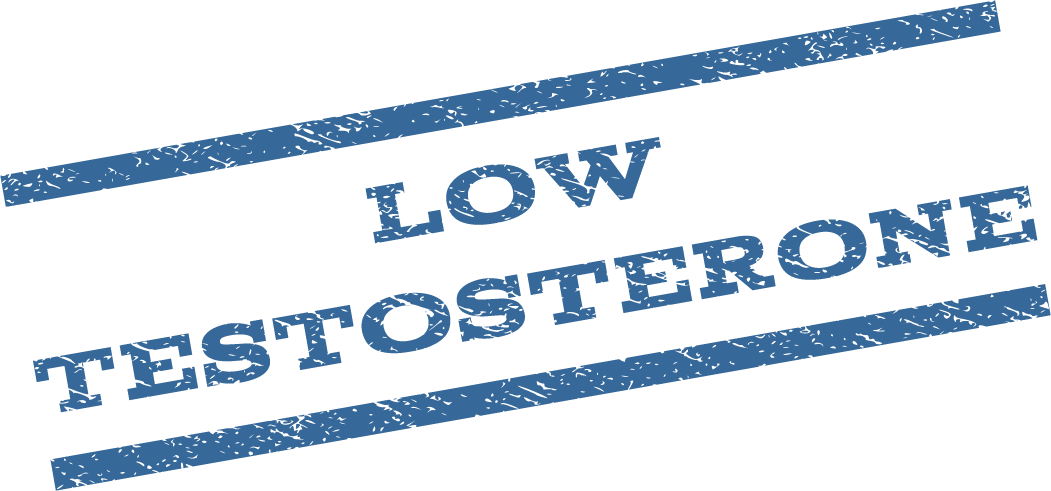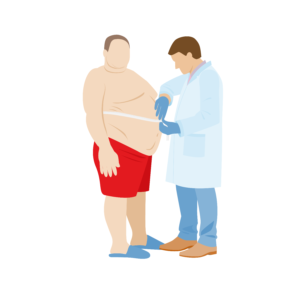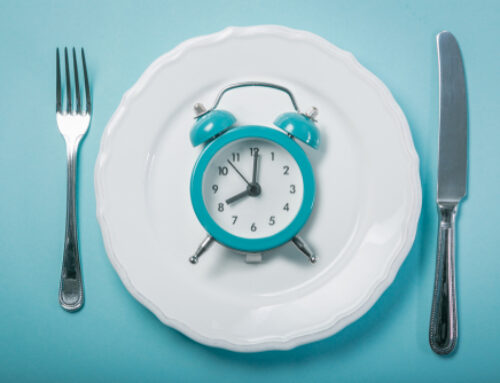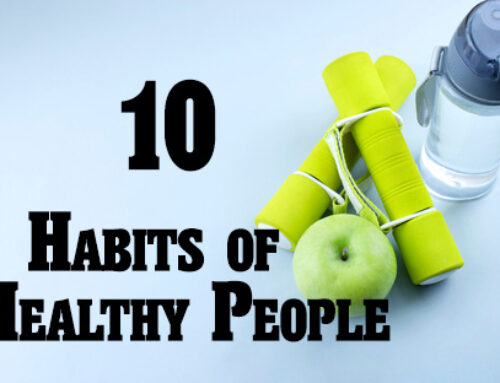Many men and women have clinical and subclinical low testosterone levels impacting their quality of life. Studies show that up to 20% of men have low testosterone and that women may be only slightly less affected. Testosterone has a profound effect on body composition (fat/muscle ratios), cardiovascular and bone health, energy levels, libido, and mental well-being.
Body Composition
Testosterone stimulates protein synthesis to maintain muscle and lean mass, while also playing a role in metabolic function and the ability to burn fat. It is one of the main hormones for men and women for the metabolic functions of the body.
Heart Health
Testosterone protects the heart by enhancing the production of nitric oxide that allows for relaxation of the blood vessels. Testosterone also influences cardiac output and strengthens cardiac muscle, meaning your heart doesn’t have to work as hard to pump blood to working muscle.
Supports Cognition and Mood
Testosterone has anti-inflammatory and protective effects on the brain. Though often undiagnosed, low testosterone is thought to contribute to depression, low mood, and poor cognitive function. Research is lacking but studies show that testosterone has a protective effect against Alzheimer’s disease by reducing the accumulation of amyloid beta “plaques” within the brain that leads to memory loss. Testosterone also accelerates nerve regeneration, which may improve memory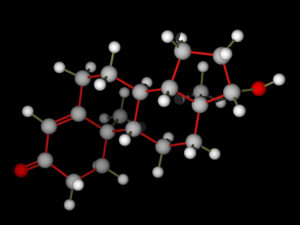 and executive function in the aging brain.
and executive function in the aging brain.
Strengthens Bone
Testosterone plays a vital role in bone repair and growth. Higher testosterone is one reason men tend to have stronger bone density than women and are at much lower risk of osteoporosis. Studies show there are testosterone receptors present in osteoblasts—the cells that form new bone. Low testosterone levels in women have been linked with low bone mass and increased risk of vertebral and hip fractures. Conversely, higher free testosterone levels in postmenopausal women have been associated with lower hip fracture risk.
Changes in libido
The aging process takes its toll on the libido of both men and women. Women particularly see major changes during and after menopause that appear to have a major correlation with a drop in testosterone. Men, who notoriously have much more testosterone, are not immune to this age related drop and likewise may notice changes in their libido as well. What many people may refer to as stress, fatigue, or age related changes in their libido, may be due to lower testosterone levels.
Stress and testosterone
Stress is a well-known factor in reducing testosterone in both women and men. But, stress takes on many different forms all of which have a detrimental effect on the body. Below are the most common factors that create stress on our bodies and negatively impact our testosterone production.
Obese men have 25 to 45 percent lower testosterone levels than average-weight males. When body fat levels increase, more testosterone is attached to sex hormone-binding globulin (SHBG), a carrier protein that renders it unusable by the body. Fat tissue also increases levels of aromatase, the enzyme that changes testosterone to estrogen—a hormone that is linked with increased body fat in men and women.
Fix It: Losing body fat will automatically increase testosterone levels: A 10 percent loss of body fat can increase levels by 100 points, improving everything from strength to overall well-being.
#2: HIGH BLOOD SUGAR & INSULIN
Hormone levels are interconnected in the body. When insulin goes up, testosterone goes down. This combination predisposes you to gain fat, especially around the belly. Belly fat impairs the message of other metabolic hormones, such as leptin whose job it is to moderate appetite. At the same time, the body’s primary fat burning enzyme, HSL, plummets and the body is stuck in fat storage mode.
Fix It: Exercise and nutrition help regulate blood sugar and lower insulin. With smart training and diet you can achieve healthy hormone levels.
#3: HIGH SUGAR INTAKE
Healthy carbs promote testosterone production, but sugar causes levels to plummet. One study found that even in men with normal insulin levels, consuming a sugary beverage produced a 25 percent decrease in testosterone. Over time, a high sugar intake will encourage insulin resistance and lead to lower overall levels of testosterone.
Fix It: Avoid added sugar in beverages and processed foods like it’s the plague. Match your carb intake to your physical activity requirements. Get the majority of carbs from healthy, whole sources: Vegetables, fruit, beans, and whole grains.
#4: TOXIN EXPOSURE
Many men and women don’t realize that numerous chemicals in our environment contain compounds that mimic the hormone estrogen when they enter the body. BPA, parabens, and phthalates are some of the best hormone disruptors that impair testosterone activity and encourage obesity when exposure is elevated.
Fix It: Avoid plastic water and food containers to limit your exposure to BPA. Use natural personal care and cleaning products to protect yourself from hormone-disrupting chemicals.
Our bodies weren’t designed to be inactive. Think of the cave men who were constantly hunting meat and gathering food in the effort to survive. When we spend all day sitting, metabolism takes a hit and hormones get out of whack. Testosterone goes down while the stress hormone cortisol goes up, making us fat, weak, and lazy.
Fix It: Adopt a multi-joint strength training program to increase testosterone release and improve body composition. Be active throughout the day—get your steps in with frequent walks, a sprint workout, or other movement.
For more tips on how to treat low testosterone, look for part 2 of this series coming soon.

Daryl C. Rich, D.C., C.S.C.S.

